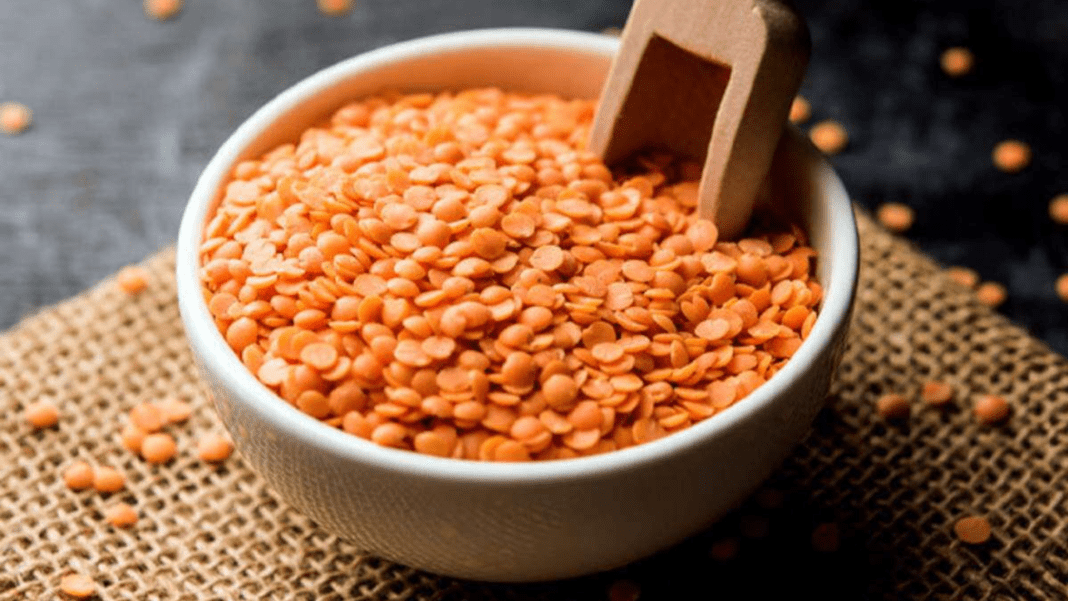India is expected to witness a significant increase in imports of masoor/lentil dal as it emerges as a more affordable alternative to arhar/pigeon peas in the preparation of sambar and dals across restaurants, dhabas, and canteens.
With its cost being 60-70 percent lower and its taste and texture comparable to arhar dal, masoor dal has gained popularity as a substitute for arhar dal in institutional settings. When enjoying dal or sambar at a restaurant, it is highly likely that the dish is prepared using masoor dal, either entirely or partially, instead of the traditional recipe that calls for arhar dal.
Due to the fluctuating prices of arhar dal, ranging from INR 150 to 200 per kilogram, restaurants and canteens have opted to incorporate masoor dal (red and yellow lentils) as a partial or complete substitute for arhar dal in their preparations of dal and sambar.
Although India’s domestic production has risen by approximately 25 percent, the likelihood of Masoor imports increasing remains high.
“Despite increase in Indian production, we are still likely to import more lentils in the ongoing fiscal as masoor being cheaper is preferred more than the expensive tur dal,” said pulses importer Satish Upadhyay.
India has witnessed a consistent increase in its imports of masoor over the past 15 years.
India imports masoor from Australia, Canada, and Russia. “From having a couple of lentil processing units around Mumbai about a decade ago, we now have about 10-12 units processing masoor,” said Upadhyay.
In the most recent procurement announcement for pulses to support Tamil Nadu’s civil supplies program, the state government has adjusted its preferences by enhancing the allocation for yellow lentils while decreasing the desired quantity of tur dal.
“Masoor dal has now been accepted as a substitute for tur dal at most of the restaurants,” said Ajay Goyal, a pulses importer from Tamil Nadu.
Based on the data provided by the Indian Pulses and Grains Association (IPGA), the increased prices of tur dal have resulted in a decline in its demand. Consumers, as well as the hotel, restaurant, and canteen segment, have shifted their preferences towards more cost-effective pulses such as masoor dal, chana dal, and batri dal.


